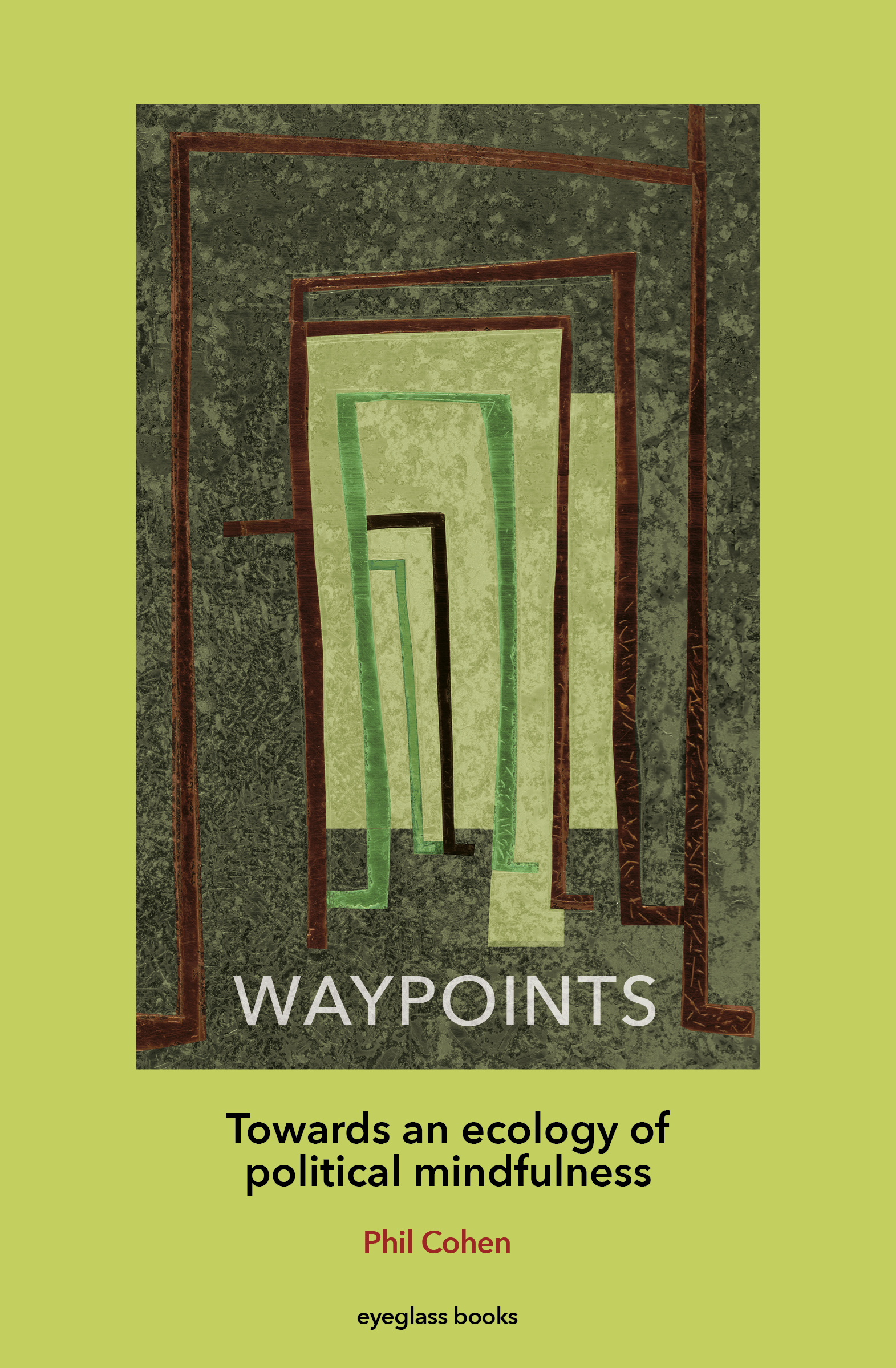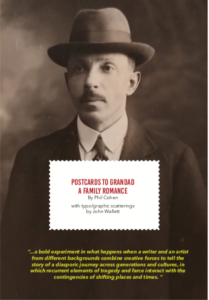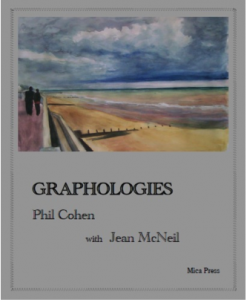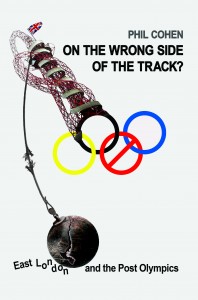Making bread out of circuses : Some Lenten reflections on Carnival capitalism and Socialist sacrifice in the Age of Austerity
I recently got an invitation to a party organised by Common Knowledge, a co-operative of left wing artists and designers who are involved in various kinds of community activity in East London. It was billed as a Mardi Gras Masquerade and in case guests weren’t up to coming in costume, masks were available at the door. Any excuse for a party, of course, especially in the depths of Winter, but the event was unusual because in Britain carnival normally takes place in the Summer. The Notting Hill carnival – the largest afro-Caribbean festival outside Rio, and the London Mela, the big annual celebration of the South Asian community – both take place in August; meanwhile in towns and villages up and down the country, a domesticated version of Carnival, with floats, processions, a Carnival Queen etc, continues over the Summer months year after year, part throwback to the historical pageants of our imperial past, part ritual celebration of official civic culture, with marching bands, scouts and guides, the Salvation army, and local businesses putting on a show.
The original rationale for Carnival, at least in Catholic countries, was that it offered a period of licensed excess before the ritual austerities of Lent. You let your hair down, dressed up, got drunk, cocked a snook at authority and generally indulged your fantasies about turning the world upside down before a period of repentance, fasting and self denial, when you renounced all forms of carnal pleasure ( not to mention revolution) in favour of spiritual discipline, and the contemplation of the sacrificial passion of Christ under the stern guidance of the Church.
In his famous painting ‘The Fight between Carnival and Lent’ (see illustration) Brueghel depicts the tension between the two cultures of popular hedonism and religious asceticism. The scene is set in a town’s market square, with, on the left, an inn and a crowd of drunken revellers, while on the right there is a church with Lady Lent in the foreground, dressed like a nun, and looking on sternly as her followers feed on bread and biscuits and other traditional Lenten fare. In the middle, and as it were mediating between two is the figure of Carnival impersonated by a large man riding a beer barrel, wearing a huge meat pie as a hat; he is wielding a long spit, complete with a pig’s head, as a weapon for the fight. The man behind the barrel is dressed in yellow, which symbolises deceit, and he is followed by a female figure who is carrying on her head a table with bread and waffles on it. In one hand she holds a tumbler and in the other a candle, again allegorical symbols for deceit. Brueghel produced this painting from a bird’s eye view, as if he didn’t want to take sides but he was in the habit of placing a symbolic detail in the middle of the picture, to indicate his preferred point of purchase on its.
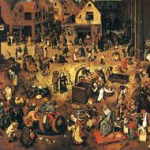
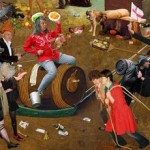
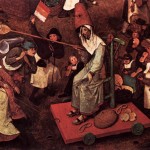

In this case it is a married couple with their backs turned, guided by a fool with a burning torch. The man carries a strange bulge under his clothes, giving the impression of being a hunchback or else concealing a sack, which in mediaeval allegory represents the burden of personal sin. The unlit lantern hanging by the woman’s belt emphasises the fact that she is guided by a fool, not by the light of faith or reason. The burning torch the latter carries is also symbolic of destruction as is the rotting pig.
There are many possible interpretations of the painting – is it a comment on the hypocrisy of the church or the duplicity of the masses, who are only too willing to sell their souls for the proverbial mess of pottage? Is Breughel portraying the duality of human nature or divisions in society ?
I think it is significant that the background is dominated by people working, primarily with food: women preparing Lenten fish, men carrying wine from the inn and a woman making waffles. At the very back of the picture, other festivities are going on with a bonfire, dancing figures and beggars. There is a common plebian culture shown here which embraces both Carnival and Lent. Indeed the punctuating opposition between excess and austerity could be read as a representation of the periodic oscillation between plenty and dearth in the peasant economy, the perennial fear of starvation and the Utopian longing for Cockayne, the promised land of milk and honey where:
There is many a pleasant sight, It’s always day, there is no night.
There are no quarrels and no strife, There is no death, but always life; Food and clothing are never short, You’ll never hear a sharp retort…
We are dealing with tensions within what has been called a moral economy, a set of normative attitudes and customary practices concerning the social relations and behaviours which in pre-capitalist societies regulated the availability of food, the prices of subsistence commodities, the proper administration of taxation, and the operation of charity. In times and places where the church has played a role in these mundane matters, the notion of a ‘just price’ has often prevailed. This is sometimes referred to as a subsistence ethic: the idea that local social arrangements should be organised in such a way as to respect the needs of the poor.
There is, of course, a theological dimension to this. Let us remember that according to at least some interpretations of the Sermon of the Mount, the kingdom of God was reserved for those who renounced their wealth and that vows of poverty have often been regarded as essential for anyone who wanted to follow Jesus. Mendicants were to be blessed because they offered the opportunity to show charity. However the poor themselves rarely regarded their condition as a blessing, even though they sometimes internalised the official ecclesiastical view that it was a mark of divine displeasure or a punishment for original sin.
In the transition to capitalism this moral economy became subsumed under a market ideology. The alternation of seasonal dearth and harvest plenty gave way to the more unpredicatable trade cycles of boom and bust. The protestant work ethic rewarded deferred gratification and industrial production introduced new bio-energetic norms of efficiency based on economy of effort. Blake may have written that ‘the road of excess leads to the Palace of wisdom’ and the Romantics did their best to practice what he preached, but moderation or modesty in everything from sex to politics was the gospel that prevailed in large sections of Victorian class society. Those who transgressed these norms, who were seen to delight in extreme passions or ideas were pushed to the social margins along with the outcast and downtrodden, the wretched of the earth.
The early English socialists, deeply influenced by Methodism, revived moral economy and their image of the flat bloated capitalist oppressing emaciated workers struck a chord with the reforming middle classes. But with the advent of mass consumer society, and cheap credit, living on the ‘never never’ became a prescription for the ‘good life’ now seemingly within the reach of all. Hedonism not deferred gratification, shopping not work discipline was now what kept the wheels of industry profitably turning. Marx had described the urban riots of the rural and urban poor as the ‘carnivals of the oppressed’, but the carnival of commodities was more fun and didn’t result in damage to property. Capital could exploit popular festivity more efficiently that the State could suppress it. The capitalist post war economic miracle did not turn water into wine, but the creative industries in alliance with the enterprise culture did make bread out of circuses. A popular culture of permanent celebration emerged in which euphoria was institutionalised. Who needed Lent when you could have carnival 24/7? What I have elsewhere called ‘high culture’ – of which rave culture is the symptomatic expression- became the sign of the times and with it came the diseases of ‘affluenza’. The gym fit and toned business executive with his expensive calorie controlled diet of organic food now stood in contrast to his obese janitor stuffing his face with crisps and coca cola.
Then, as the old testament prophets of Marxism predicted, there came a Day of Reckoning, if not Final Judgement. With the collapse of the financial markets in 2006 followed by the public bailing out of the banks and the credit crunch, a new era of austerity was inaugurated. We were told we had to pay for the excesses of the long boom years by tightening our belts. Penitent bankers confessed their sins and denied themselves a small percentage of their annual bonus. The Tory party quickly got into the sale of indulgences to the wealthy by creating an expanded platform for private philanthropy to replace the public services they cut;in fact it has been business as usual in David Cameron’s ‘Big Society’, where the poor and unemployed are encouraged to become bootstrap capitalists while the rich learn to practice mutual aid amongst themselves.
Socialists have never quite known what to make of either asceticism or excess, Lent or Carnival. Saint Simon in his Proposal to end the revolution (1817), advocated the establishment of Festivals of Hope – ceremonies celebrating the glory of investments, the power of industry and the joys of commerce, stimulating citizens to work with passion by making them feel how much better their lot would be after they have brought these projects to completion. These festivals were to be organised and scripted by what he called ‘positive intellectuals’, artists and thinkers inspired by his techno-meritocratic vision, whom he contrasted with the jurists and scholars who merely stood on the sidelines and carped. Hmm, sounds familiar.
The socialist work ethic was really a collectivist version of the protestant principle of salvation. The Stakhanovite who stored up merit in the Soviet fatherland through meeting his or her productivity targets for the five year plan was following the same logic as the devout Christian who stored up merit in the next world by doing good works in this. Socialism gave a new ideological twist to the spirit of self-sacrifice, of surrendering or sublimating individual desires to the collective good, often in the name of historical necessity. But its roots still lay in the family, in the parental instinct to ensure that offspring survive and flourish, even at the expense of their own well being. It was a spirit that sustained working class struggles of long duration, in which defeats were regarded as momentary setbacks in the onward march of labour. In the 1980s that culture collapsed and then after Thatcher along came New Labour and out went all the old ideological baggage. If there was one thing that Blair, Prescott, Mandelson at al had in common, apart from being intensely relaxed about the process of wealth creation , it was in recognising the vital necessity of throwing a good party, as a way making the country an attractive proposition for inward investors. The Puritans retreated into left wing sectarianism while the champagne socialists and spin doctors took centre stage.
Where does this leave the Left today? There are still the miserabilists, who can only look forward to some catastrophic crisis which will immiserate the masses and lead them to overthrow the system that exploits them. And there are the easy riders who think that life is just a bowl of cherries which anyone in a meritocracy can grab if they have enough encouragement. But there have always been those who recognise that a true appetite for life can only be properly cultivated and satisfied in a society where as far as is practicable no one has to bear more than their fair share of pain, and no-one is denied their fair share of pleasure and that social arrangements should be organised to that end.
Taken as an ethics of political commitment this requires a delicate balancing act between self expression and self sacrifice. At the time of the last great strike against pit closures in 1984 I asked a young miner who was playing an active part in the campaign what socialism meant to him. He thought for a long time before replying.’ I think it might mean giving up my Hi Fi system’. Since he was a DJ in his spare time and this equipment was his pride and joy I was puzzled as to why he should think that the struggle for a better world should mean giving up something that was such an important part of his life outside work. But that was precisely the point I had missed. He explained :‘Its like this, when I go out DJ’ing or if I’m just listening to my music at home, part of me knows that its just a way of blocking out a whole lot of stuff that makes me angry or sad about what’s happening down the pit and to my community; some of the music, like the blues, might express what I’m feeling but it can’t do anything to change things. But if there was real socialism it would mean that music wouldn’t need to make up for all the shit in the world, we’d be dealing with it directly, and I wouldn’t need an expensive amplifier to make me feel I was somebody special or it was worth getting up in the morning ‘.
This young miner refused the kind of trade offs that most of us make most of the time between moral and market economics. Why should the well off vote for socialism if it means giving up their advantages for a more modest existence? Clearly only if they feel their privilege has become an intolerable burden And why shouldn’t the poor vote for capitalism if it promises them a more comfortable existence? Only if it means abandoning or losing forms of social life they have come to value more highly than material prosperity. There are indeed circumstances in which such exceptional conditions may obtain but they do not obtain today.
There are more extreme trade offs in which self sacrifice becomes itself a medium of excess. The use of the hunger strike whether by the Suffragettes, Ghandi or the IRA dirty blanket campaign transformed fasting into an effective weapon of political protest, and in some cases created a secular martyrology to rival that of religions. In general, serious fasting, like Ramadan and Yom Kippur, either preceded or followed by serious feasting is best left to faith communities who have developed special ritual techniques for managing these things. Meanwhile, for the non- religious , fasting or dieting is less a form of spiritual purification, more a way of ridding the body of its overdose of toxic chemicals used in modern food production.
So what am I giving up for Lent, if it is not carnival or socialism? Its easy enough to give up small indulgences you enjoy, but clearly don’t do you any good: eating Belgian chocolates, watching East Enders, or reading gossip columns, for instance. I have already given up my TV and Hi Fi but only because I can watch and listen to stuff on my computer, if I want to. I don’t have a car because I never passed the driving test, so I use public transport, take the occasional taxi , walk or cycle. Now that’s something I could give up – taking taxi’s. Its expensive and not environmentally friendly. My partner is keen to reduce the amount of traffic generated by people taking their cars when they go quarter of a mile up the road to the local shops, instead of walking. The only problem is our local taxi driver,Bob, is a retired fisherman, and has a fund of stories about the old days when Wivenhoe was an industrial village. He also keeps me tuned into the local gossip channels. I’d miss his yarns….





